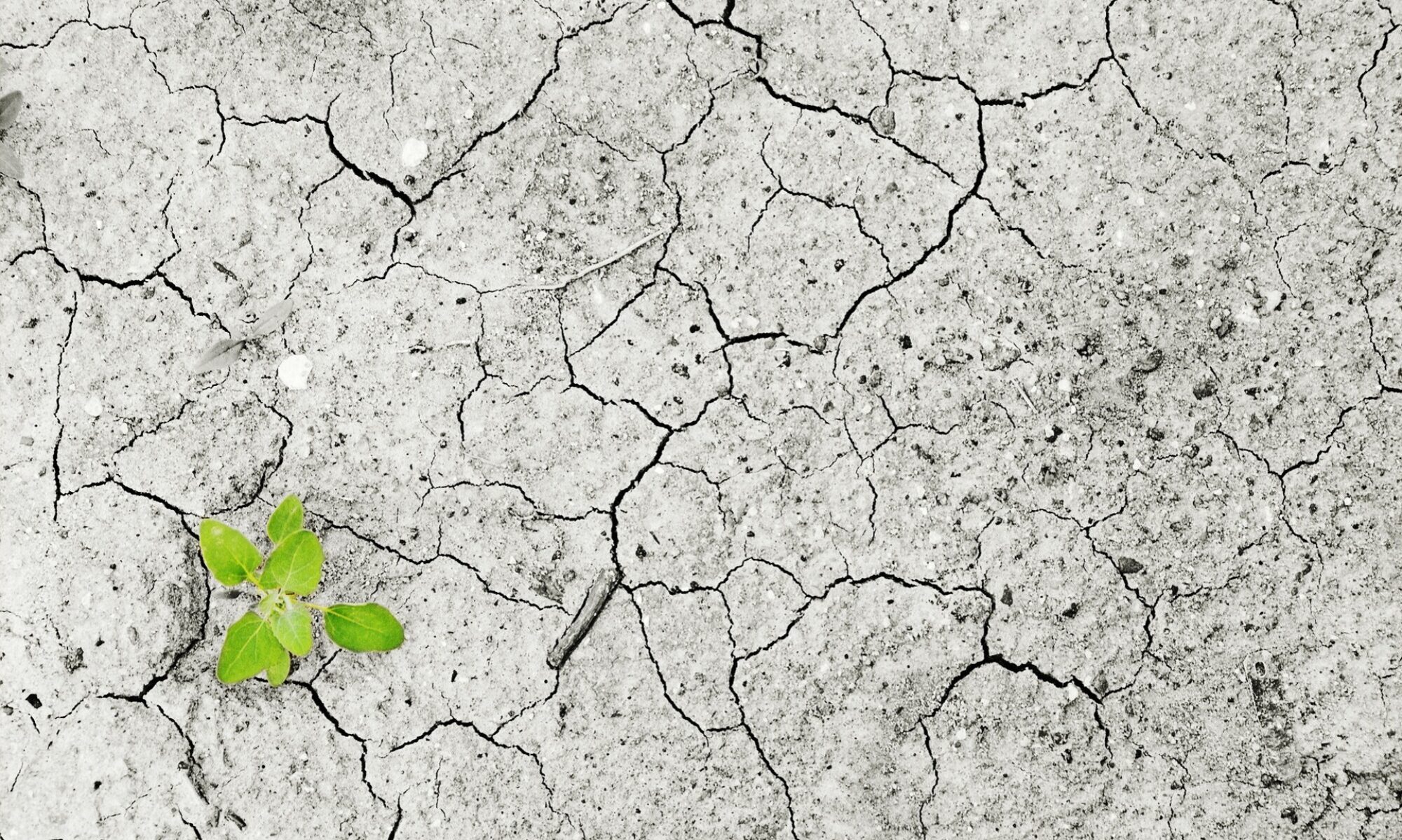26 January 2023 – by Cosmo Sanderson
Households on the Atlantic coast of the United States are moving inland after natural disasters, according to a new study, but those on low incomes are being left behind.
Poorer households that don’t receive support to leave disaster-prone areas are far less likely to than those on higher incomes, the study found.
It concluded that there is a need for “incentivising and aiding” the migration of vulnerable populations who are less likely to do so on their own.
Two researchers from the University of South Carolina released the study last year in the Journal of Environmental Economics and Management.
One of those researchers, Tamara Sheldon, an associate professor of economics at the university, recently told US publication The Post and Courier that there is not much empirical research out there on “human migration following natural disasters in developed countries.”
Her study relied on US census data collected in states on the country’s east coast between 2005 and 2017.
The study found that rising sea levels and an increase in the frequency and severity of natural disasters due to climate change are “increasing the risk” of living in vulnerable areas. It also raises the economic costs of having populations clustered on coast lines.
People are not necessarily more likely to move following less severe disasters, but the study found they are more likely to do so as disasters become “increasingly destructive”. However, households on the lowest 25% of incomes are far less likely to relocate without support from the US Federal Emergency Management Agency.
Recent hurricanes to batter the US Atlantic coastline include Hurricane Florence, in 2017, and Hurricane Ian, last year.
Other countries to recently be hit by global warming-fuelled extreme weather events include Pakistan, where over 30 million people were displaced last year by historic floods that left a third of the country underwater. Flooding also devastated South Sudan last year, while, on the opposite end of the spectrum, two million people are currently displaced by drought in the Horn of Africa.



